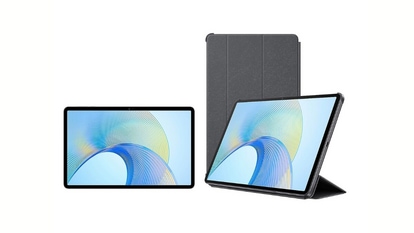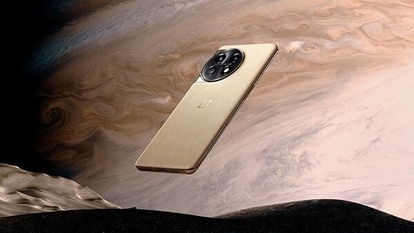Shocking space fact! Asteroid Ryugu samples reveal it is OLDER than the solar system
Samples from asteroid Ryugu have given shocking revelations. It turns out that the space rock is older than the solar system itself and it contains the building blocks of life.
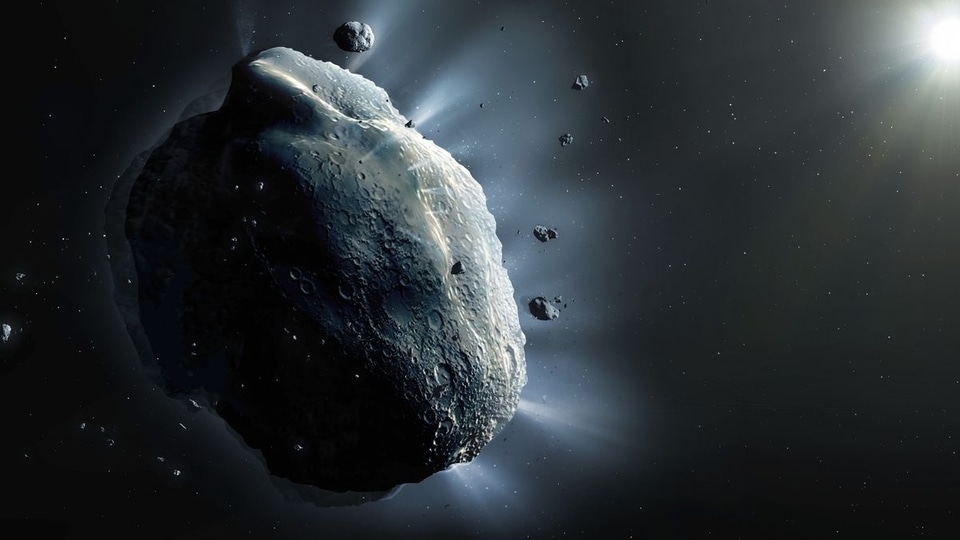
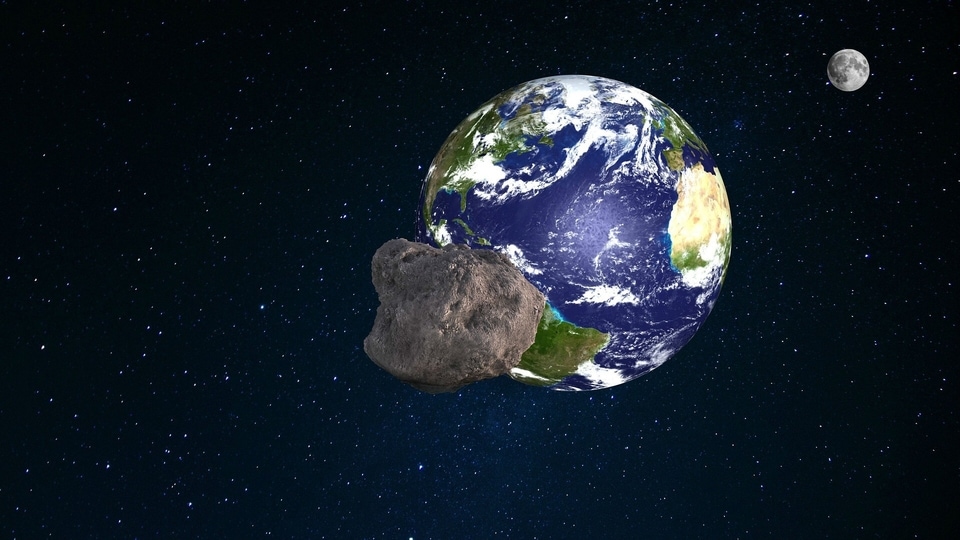
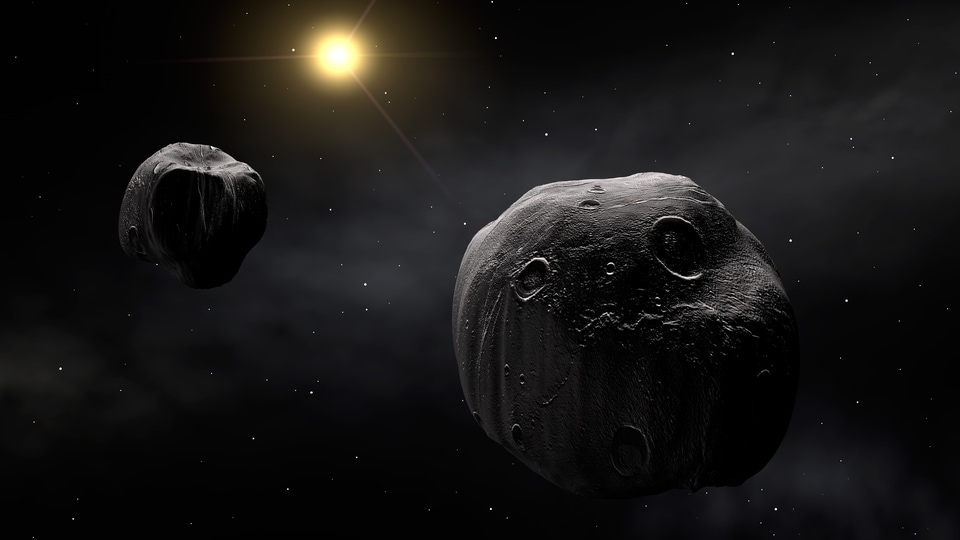
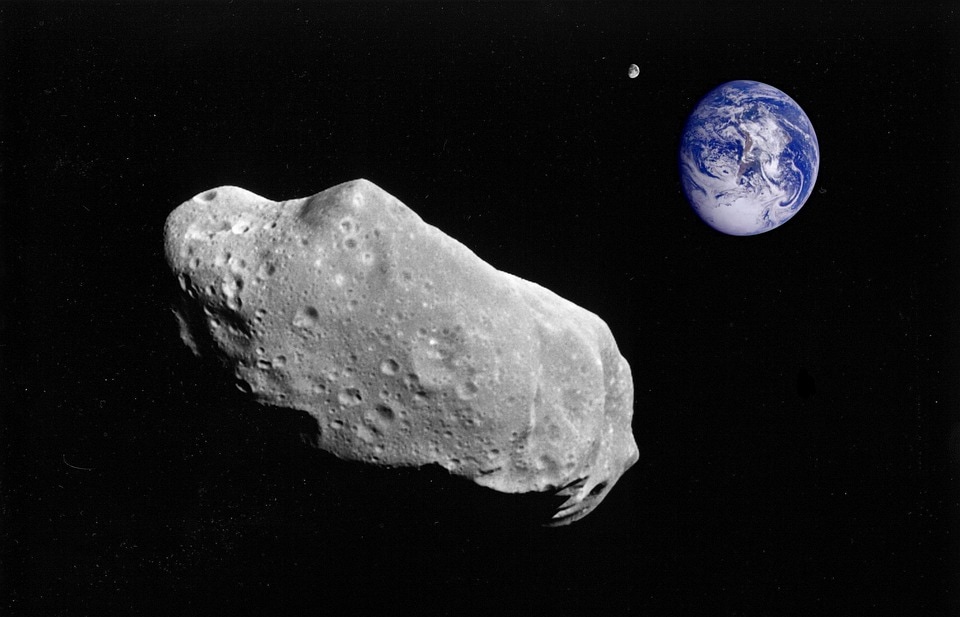
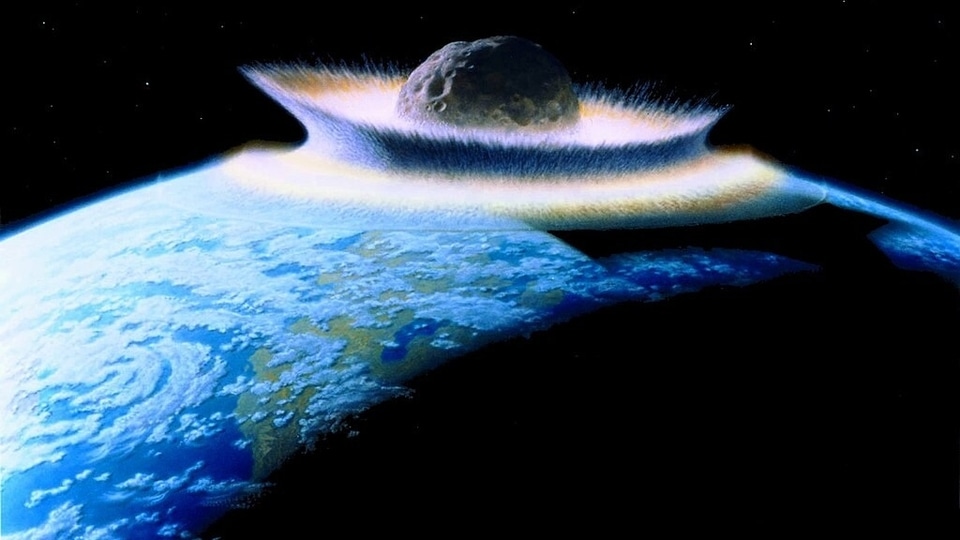
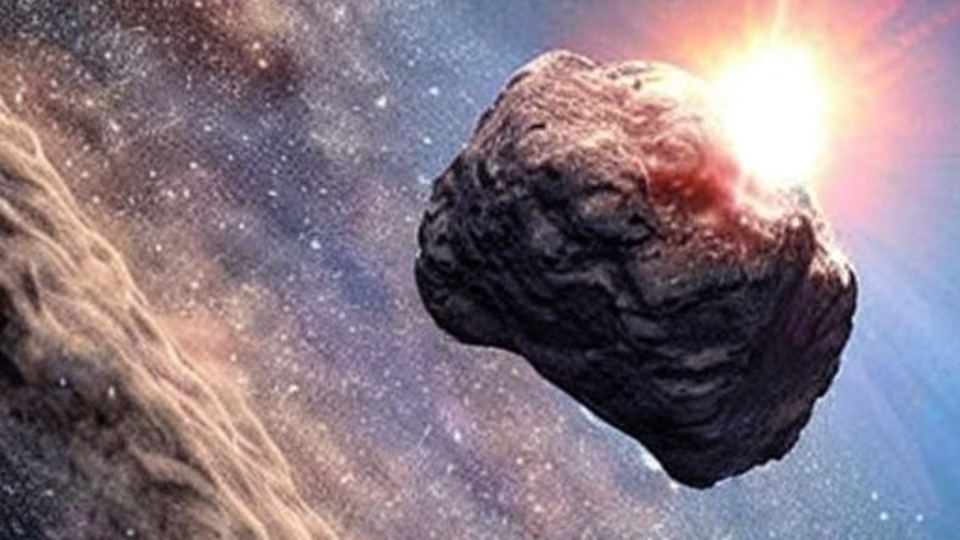
 View all Images
View all ImagesEver since the samples from the asteroid Ryugu were delivered by the Hayabusa2 spacecraft of the Japan Aerospace Exploration Agency (JAXA) in 2020, the excitement among the astronomers has been at an all time high. And that is mainly because it is believed that this pristine piece of celestial dirt can finally answer questions around the origin of life, how the solar system was formed and more. But now, the earliest studies are coming out after two years of research into the samples and the revelations are even more shocking. It turns out that Ryugu could be older than the solar system itself.
The study was published in the Science journal and it concluded, “The organic matter in Ryugu probably consists of primordial materials that formed during (or before) the early stages of the Solar System's formation, which were later modified by heterogeneous aqueous alteration on Ryugu's parent body asteroid”.
Asteroid Ryugu can predate the solar system
While the study has not given any conclusive evidence, the asteroid being older than the solar system would be a big discovery. So far, it was believed that the asteroid belt as well as all celestial bodies in the solar system were formed at around the same time. And any outside bodies which were trapped by our Sun exist in the outer solar system itself. However, Ryugu would break down that theory.
Additionally, the study has also found organic molecules in the asteroid, which are essential to the origin of life. This evidence points towards the fact that the building blocks of life could persist in the harsh conditions of space. So, it is possible that life on Earth came from outside of the solar system when these interstellar asteroids bombarded our planet with organic matter.
Asteroid Ryugu has presented the astronomy community an opportunity to study how different the molecules present 4.5 billion years ago were and what kind of change has occurred in this time frame. JAXA has also given 10 percent of the asteroid sample to NASA to conduct studies. The data from these studies are expected to be published by the end of the year.
Catch all the Latest Tech News, Mobile News, Laptop News, Gaming news, Wearables News , How To News, also keep up with us on Whatsapp channel,Twitter, Facebook, Google News, and Instagram. For our latest videos, subscribe to our YouTube channel.























